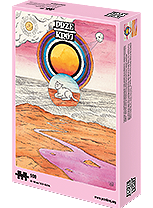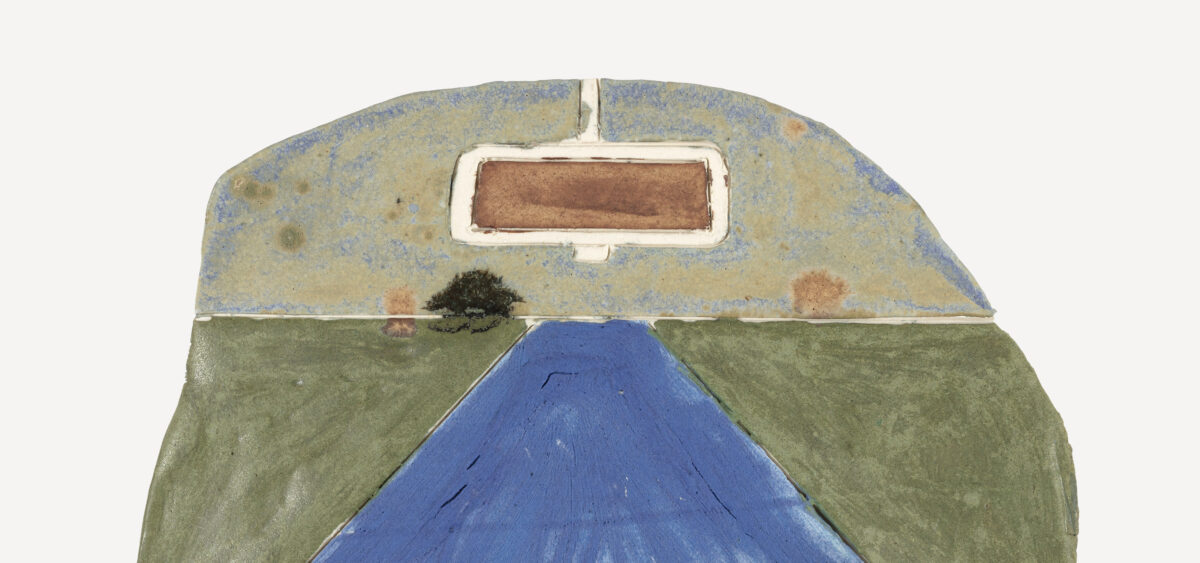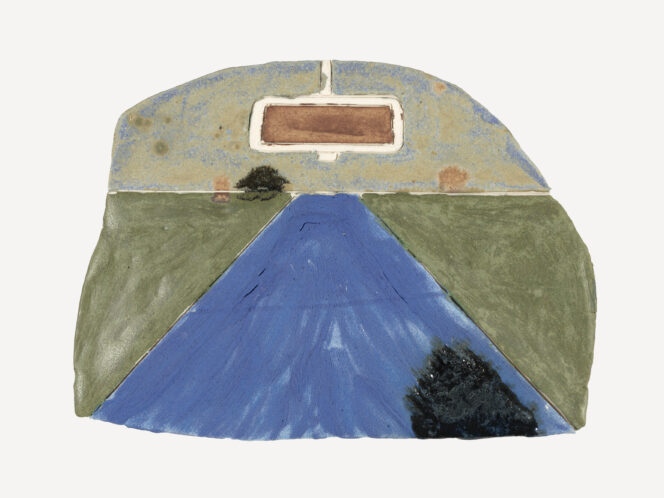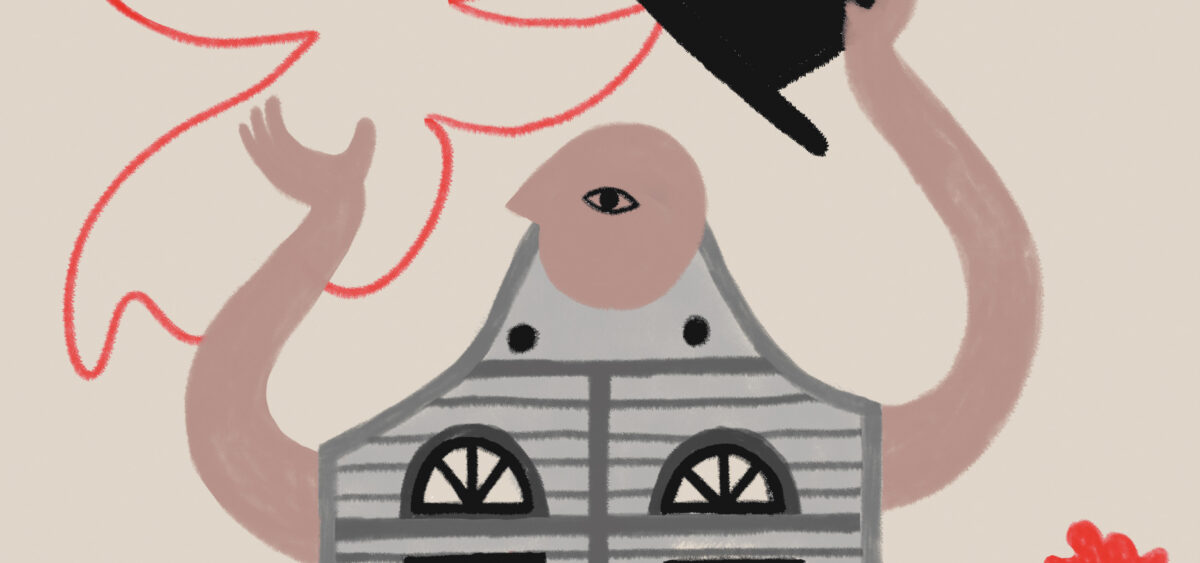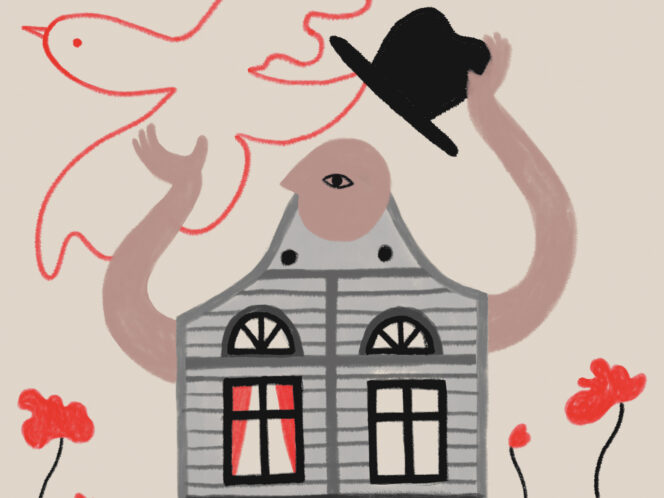
I rarely plan my trips, and I always leave some space in my backpack. Lack of prior knowledge and lightness are the two patron saints of a good journey. The more open the mind and the lighter the luggage, the better the chance for a lucky coincidence.
When a shoe store attendant asks what I’m looking for, I tell them that as soon as I know, I’ll buy two pairs straight away. I did that once on a June afternoon in Amsterdam—I saw them out of the corner of my eye just as the store’s shutters were closing and dived in. I promised the annoyed saleswoman that if she found me a size 9.5 in the back, I’d take two pairs. Suede, above the ankle boots, with a thin sole. I trekked halfway around the world in them—Norway, the Emirates, India, and Singapore. They fell apart as I walked across the endless city of Seoul. They were my friends at first sight, companions of lonely expeditions, captured in hundreds of photographs.
Proper shoes are one of the few things that one really needs when traveling—besides some clothes, a torch, a notebook, and a book for the long hours of waiting for the bus, the sunrise, or the fishermen’s return from sea. One never knows what is going to happen—and when. That’s the whole point: not knowing too much, lowering expectations, not planning things in advance. It’s best to know little—in fact, there’s nothing better than getting properly lost. Walking down a back alley or catching the wrong train—an encounter with the unknown begins. This is how one comes across a five-legged cow, buys the perfect scarf, or watches deities emerge from straw and clay. It’s also better not to know the local language, to be unable to communicate, as this can sharpen observation skills and the sense of independence. In the dark, anything is possible.
Get Lost
Larry King was probably bluffing a bit when he said: “You cannot talk to people successfully if they think you


